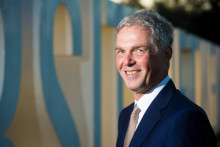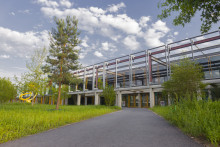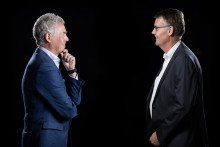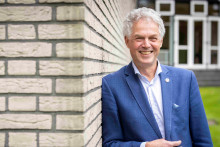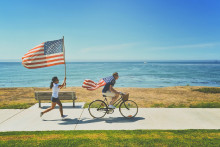In his official reply regarding the travel ban, rector Thom Palstra references his inaugural speech: ‘Universities operate in a global playing field and receive people from all over the world. I am convinced that this international atmosphere enriches the local and regional community. In a time when nations and superpowers tend to hide themselves behind their own borders, we should show openness and willingness to cooperate. In other words: our community must be a hospitable one.’
The UT community
Earlier this week, UT Nieuws wrote about the impact of the American travel ban on researchers within the academic community. Because of Trump’s executive order, UT researchers Sajjad Rahimi and Morteza Karimzadeh will probably not be able to attend important scientific conferences, and the Iranian PhD candidate Davood Baratian might miss the opportunity to conduct research at MIT.
European Universities Association
According to the EUA, Trump’s executive order to ban people from countries like Iran, Iraq, Syria and Somalia from entering the U.S. has far-reaching consequences for the academic community: ‘The order, temporarily preventing entrance into the US of persons from seven Muslim-majority countries, unfairly disrupts not only individual lives but is potentially damaging to the free flow of people and ideas that is paramount in higher education and research.’


